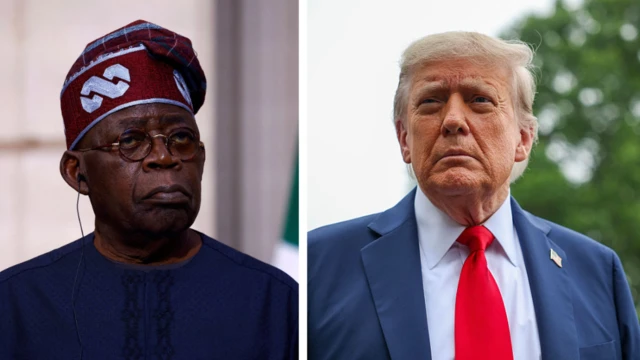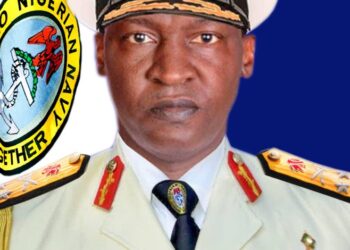The United States has initiated efforts to sanction 12 northern Nigerian governors, senior judges, and prominent traditional rulers, citing allegations of religious persecution and what American lawmakers describe as a “Christian genocide” in the region.
Washington’s action reflects growing concerns over religious freedom and the enforcement of Sharia and blasphemy laws in several northern states. U.S. legislators claim that the officials under scrutiny either condoned or failed to prevent attacks against Christians and other minority groups.
The proposed measures are part of the Nigeria Religious Freedom Accountability Act of 2025, introduced by Senator Ted Cruz. The bill identifies Nigeria as a “Country of Particular Concern” and seeks sanctions for officials accused of promoting, enacting, or maintaining blasphemy laws. Potential penalties include visa bans, asset freezes, and other restrictions under America’s global human rights enforcement framework.
Former President Donald Trump has also weighed in, asserting that thousands of Christians have been killed in Nigeria and urging swift action by U.S. authorities. He directed congressional leaders to investigate and called for immediate accountability for those responsible.
The legislation would monitor states where Sharia criminal codes remain active, including Zamfara, Kano, Sokoto, Katsina, Bauchi, Borno, Jigawa, Kebbi, Yobe, Kaduna, Niger, and Gombe. Other states such as Kwara, Kogi, Plateau, Benue, Nasarawa, Taraba, and Adamawa operate under the secular legal system, applying Sharia only to personal status matters.
Critics argue that the bill oversimplifies Nigeria’s complex security challenges. Nigerian authorities insist that Christians are not being persecuted and attribute northern insecurity primarily to terrorism, banditry, and criminal networks rather than religious policies. Officials emphasize that Sharia applies solely to Muslims and that constitutional courts can overrule Sharia judgments when necessary.
Tensions escalated after the U.S. threatened to suspend aid and hinted at potential military action if alleged attacks continue. A senior American official reportedly stated that the U.S. is prepared to act against “Islamic terrorists” if Nigeria does not adequately protect its Christian citizens.
The Nigerian Presidency confirmed that President Bola Tinubu will meet with Donald Trump to address the allegations and strengthen counter-terrorism cooperation. Federal officials say the discussions aim to clarify facts and provide the U.S. with accurate information on the security situation in Nigeria.
Experts warn that sanctions could affect Nigeria’s access to U.S. military equipment, intelligence sharing, and foreign aid. They stress the need for Nigeria to confront long-standing issues, including mob violence, religious tensions, and slow prosecutions in blasphemy-related cases.
Observers also note that extremist attacks have affected both Muslim and Christian communities across the North-East, North-West, and North-Central regions over the years. The killing of Deborah Samuel in Sokoto in May 2022, over alleged blasphemy, sparked nationwide outrage and international attention, prompting renewed calls for legal reforms and stronger protections for victims of religious violence.












